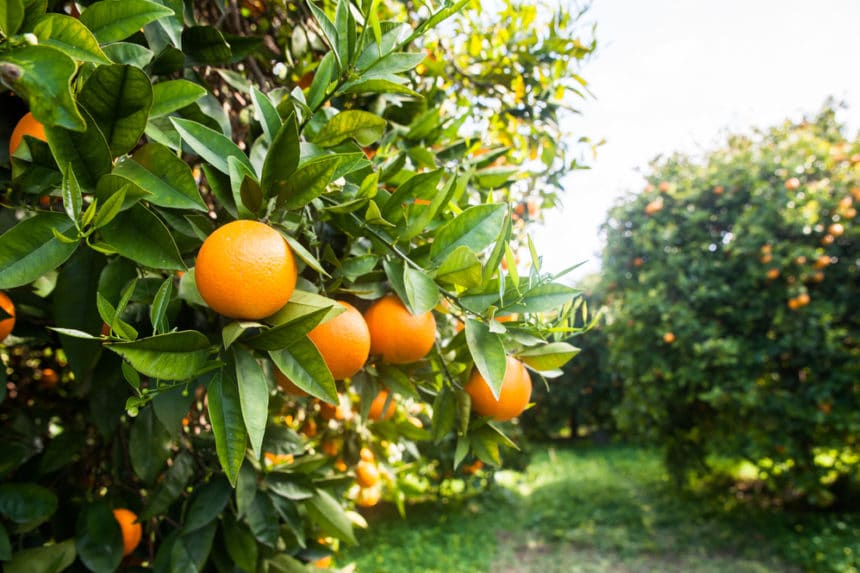Brazil has a longstanding reputation as a prime producer of citrus fruits like oranges, lemons, and tangerines, regularly consumed as fresh fruits or incorporated into juices and desserts.
June 8, recognized as Citrus Grower’s Day since the 1990s, acknowledges these professionals’ pivotal role in Brazil’s fruit industry.
Brazil’s citrus growers’ impact is such that it has propelled the country to be the world’s leading orange producer.
The Citrus Defense Fund (Fundecitrus) anticipates that the 2023/24 harvest will yield around 309.34 million boxes, each weighing 40.8 kilograms, from the citrus belt of São Paulo and southwest of Minas Gerais – the globe’s premier orange-producing region.

According to data from the National Association of Citrus Juice Exporters (CitrusBR), oranges are the most farmed fruit in the country, spanning over 800,000 hectares of plantations and contributing to 79% of global orange juice sales.
Nearly four of every five glasses of orange juice consumed worldwide originate from Brazilian grounds.
Additionally, Brazil stands out as the top global exporter of orange juice.
The Institute of Agricultural Economics (IEA-APTA) reports that in the initial four months of this year alone, São Paulo exported orange juice worth US$682 million, with orange juice accounting for 97.3% of these exports.
Exports have surged by 21.2% compared to last year’s timeframe, with the European Union (74%) and North America (26%) being the primary markets.
However, Fábio Pizzamiglio, Director of Efficienza, cautions the country to prepare for a potential downturn in the Triangle-SP region’s citrus yield.
“The leading global juice markets are currently shrinking. The USA is grappling with the aftermath of Hurricane Ian, and Brazil is battling greening. These challenges could trigger a decline in one of the country’s major export commodities.”
An increasing concern is greening, also known as huanglongbing (HLB), a pestilence that jeopardizes crops worldwide. In Brazil, this disease is the second largest contributor to fruit loss and has recently reached unprecedented levels.
This year’s projected loss stands at 21%. Pizzamiglio foresees international market repercussions if the disease isn’t curtailed.
“Over recent years, Brazil’s juice market has excelled and matched stride with international giants like the USA, China, and India.”
‘If we sustain our investment momentum and enhance agricultural and technological practices, particularly in pest management and control, we’ll shatter new harvest records,” he asserts.
Brazil news, English news brazil, agribusiness Brazil, agro news Brazil, orange production Brazil, orange juice Brazil

